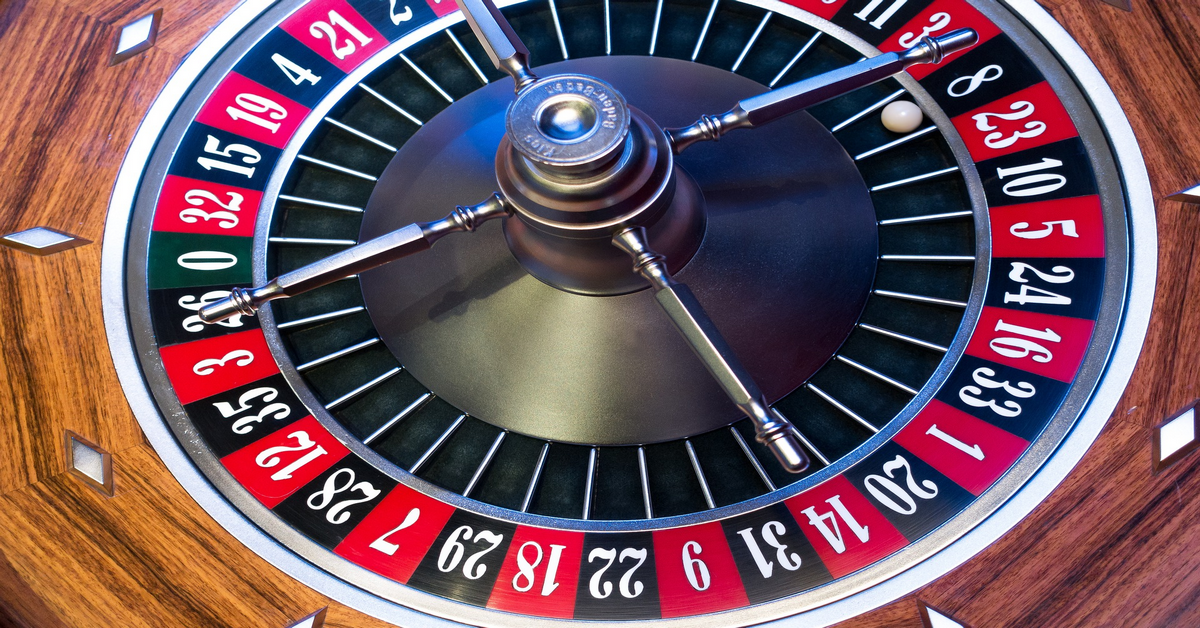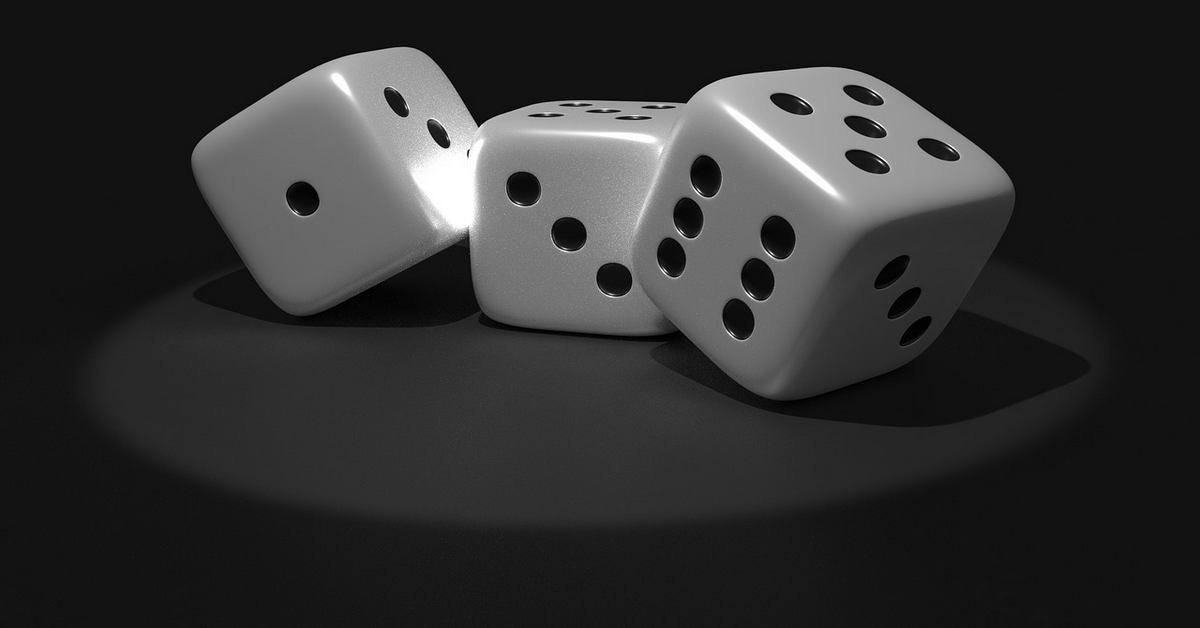Though the majority of people like casino gambling, sports betting, lottery and bingo playing for the fun and excitement it gives, others might experience gambling as an addictive and distractive habit. Statistics show that while 85% of the adult population at the US appreciates some kind of gambling every year, between 2 and 3 percent of will develop a gambling issue and one percent of them are diagnosed with pathological gamblers.
Where can you draw the line between gambling to problem gambling? If your buddy or you are compulsive gamblers, how can you tell? Here you can discover answers to these questions and other questions concerning problem gambling and gambling addiction.
What is Problem Gambling’s Meaning?
Problem gambling or compulsive gambling is defined as an uncontrollable impulse to gamble despite the destructive effect of betting on the gamblers lifestyle and even despite feelings of guilt and remorse. Problem gambling tends to have a negative effect on the gamblers financial country, relationships and daily life. Severe instances of problem gambling could be described as pathological gambling.
Am I really a Compulsive Gambler?
1) Can you gamble until your last penny runs out?
2) Can you gamble to win your previous losses or debts?
3) Can you ever had to borrow money to continue gamble?
4) Can your gambling habit made you lie to your friends or family?
5) Can you skip work or other duty to gamble?
6) Do you often gamble to forget about your personal issues or even to celebrate happy occasions?
7) Does gambling have a negative affect on your daily life or connections?
In case you’ve answered yes on at least one of these questions listed above, then you’ve got a issue.
Can Anyone Become a Compulsive Gambler?
Theoretically, yes. Any gambler could create gambling issue regardless to the type of betting he’s busy with, the amount of money and time he’s spending on betting. Researches reveal that slot machines that can be seen in bars and convenient stores are the most addictive kind of gambling activity, whilst lottery pulls and bingo games are situated on the opposite end of the scale. Gambling addiction is a psychological issue; its own symptoms, causes and treatments are similar to some other type of dependence.
How Can Gambling Addiction Be treated by me?
1) Group Treatment:
Gamblers Anonymous offers a 12 step self help system similar to this one provided to alcohol addicts in Alcoholics Anonymous. Group therapy also provides gambling addicts guidance and assistance from professional counselors and other gambling enthusiasts in distinct stages of the recovery procedure. Gambler Anonymous centers can be found in more than 1,200 locations statewide.
2) Individual Therapy:
Cognitive or behavior therapy will help gambling addicts to identify their unaware thinking and acting patterns, which led them to gamble compulsively, and to substitute them with controllable and healthier methods of believing.
3) Psychiatric Medicine:
It has just been demonstrated that antidepressant drugs from the household of SSRIs, selective serotonin reuptake inhibitors might be affective in therapy of gambling addicts.








Customer Reviews
Thanks for submitting your comment!